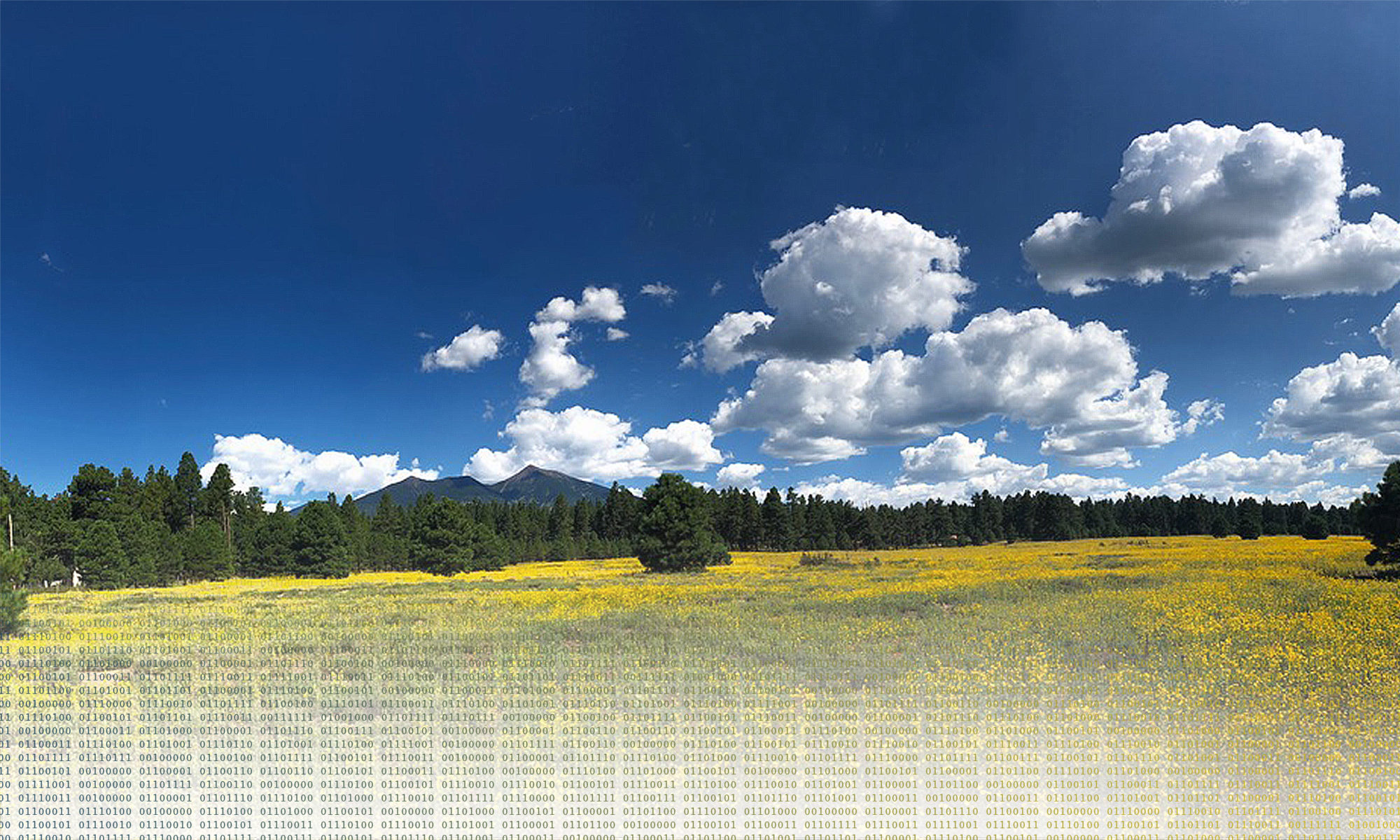View Calendar
November 23, 2020 10:00 am - 12:00 pm
How a 90 minute fake data simulation solved a puzzle my lab had spent
3,000+ hours on
3,000+ hours on
Over the last five years, a growing number of studies have documented
dampened shifts in tree leafout with continued warming. These findings
supported experimental studies that showed shifting cues for plants as
temperatures rise, and suggested climate change has already reshaped
fundamental biological processes. Over the same time, my lab launched a
major meta-analysis of all published growth chamber studies of tree
leafout---scraping 16,000 rows of data spanning 60 years of research,
spending at least 3,000 person hours on data cleaning, scrubbing, and
analysis using Bayesian hierarchical models---to try to understand these
shifts. Here I'll review how we tackled the meta-analyses, what we
learned from it about fundamental plant responses to temperature and
daylength in experiments and in natural conditions across Europe.
dampened shifts in tree leafout with continued warming. These findings
supported experimental studies that showed shifting cues for plants as
temperatures rise, and suggested climate change has already reshaped
fundamental biological processes. Over the same time, my lab launched a
major meta-analysis of all published growth chamber studies of tree
leafout---scraping 16,000 rows of data spanning 60 years of research,
spending at least 3,000 person hours on data cleaning, scrubbing, and
analysis using Bayesian hierarchical models---to try to understand these
shifts. Here I'll review how we tackled the meta-analyses, what we
learned from it about fundamental plant responses to temperature and
daylength in experiments and in natural conditions across Europe.
After all our work, we found ourselves no closer to understanding
dampening effects of spring temperatures with warming. But a 90 minute
data simulation I did on a train to Seattle one morning suggests a
simple answer to this puzzle, that could affect many studies of
temperature responses with climate change.

